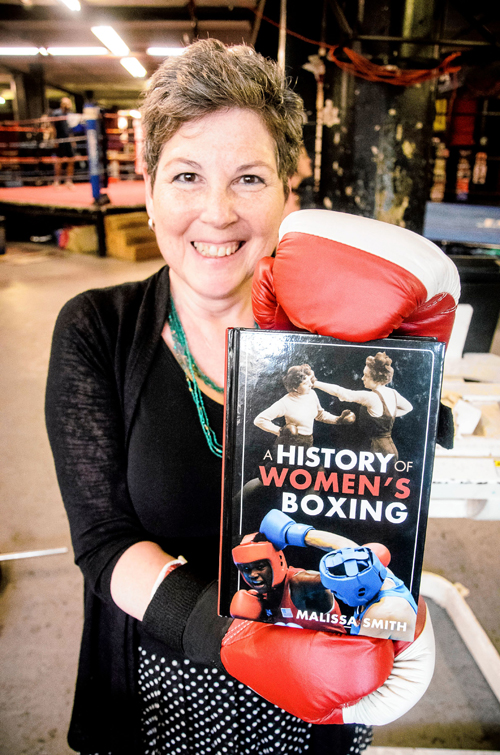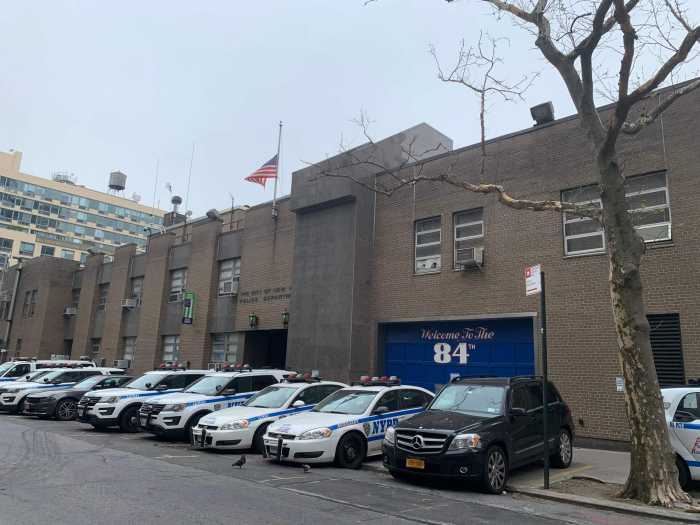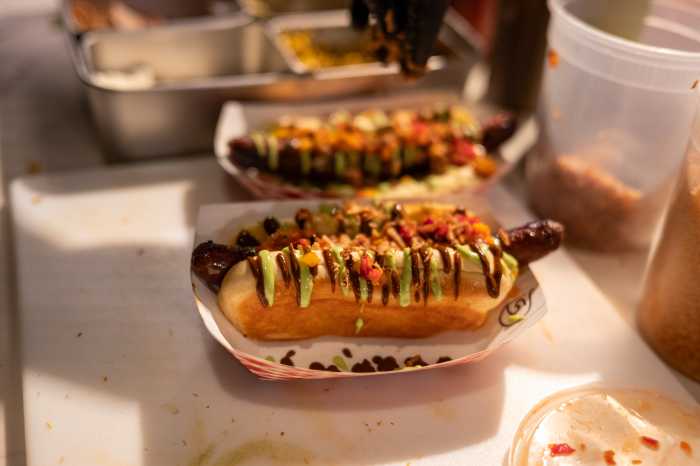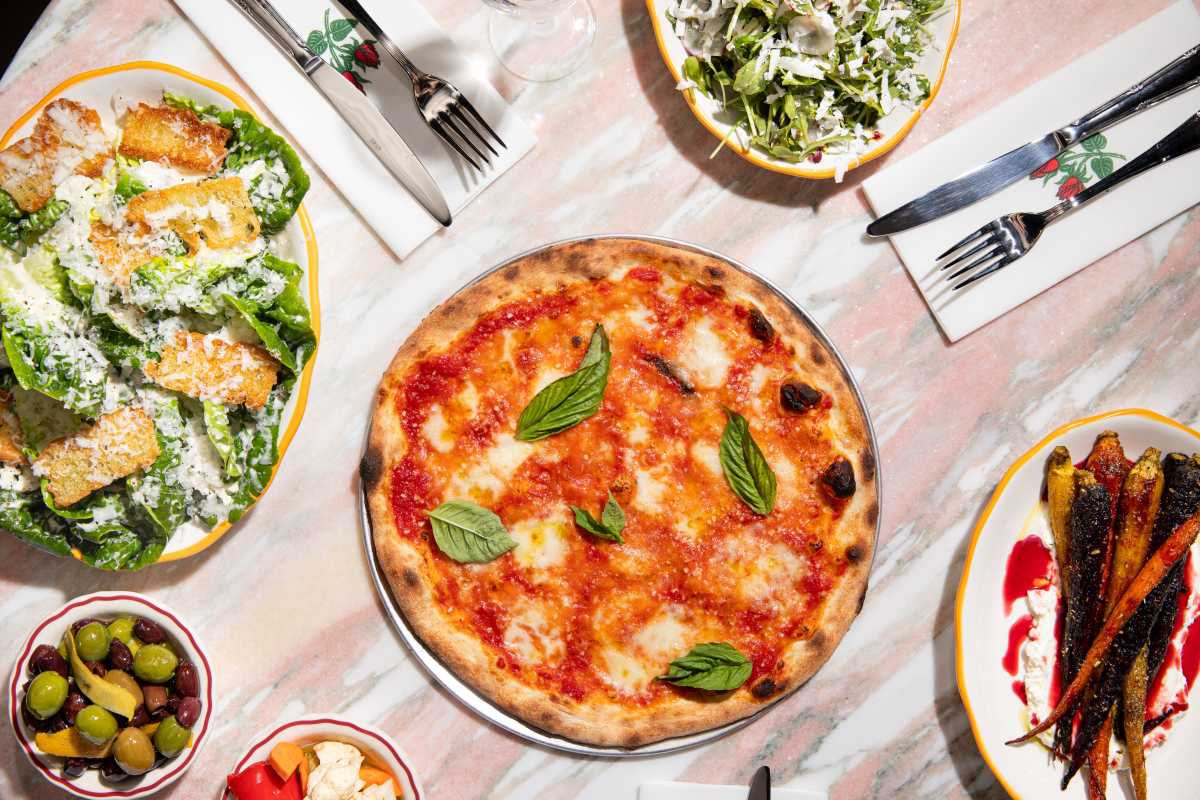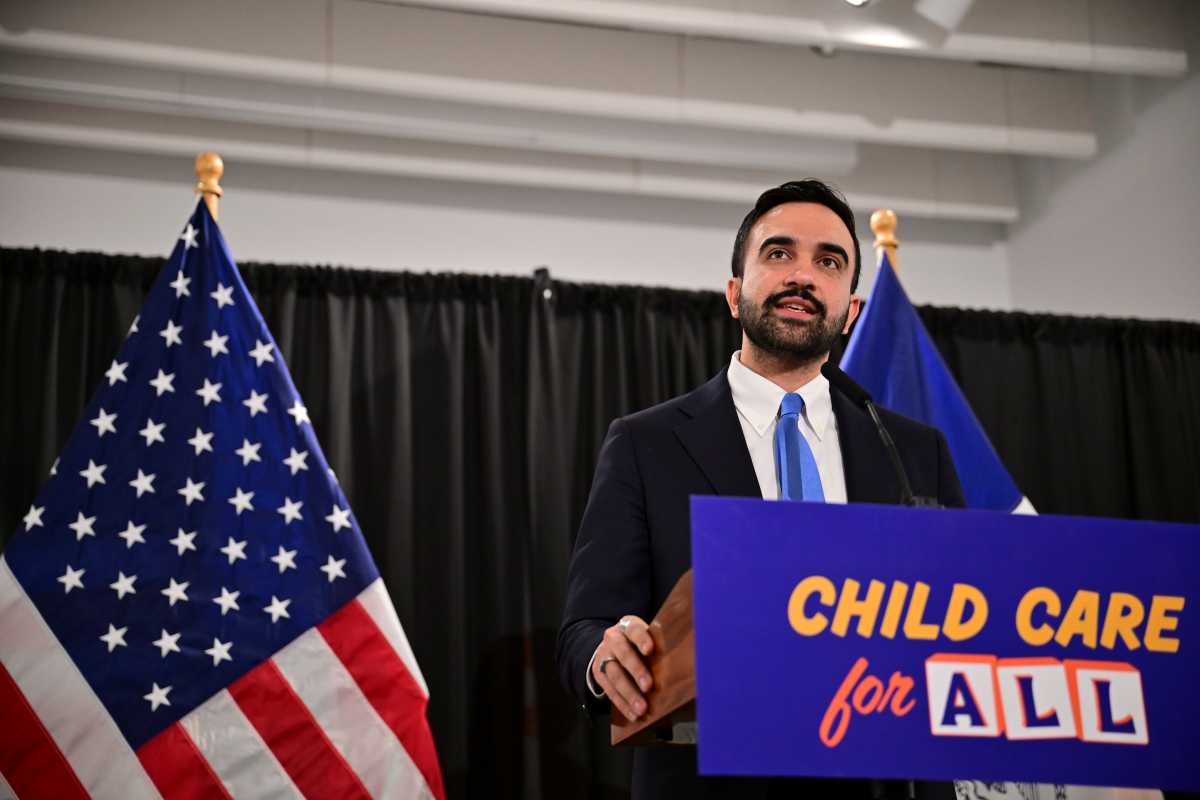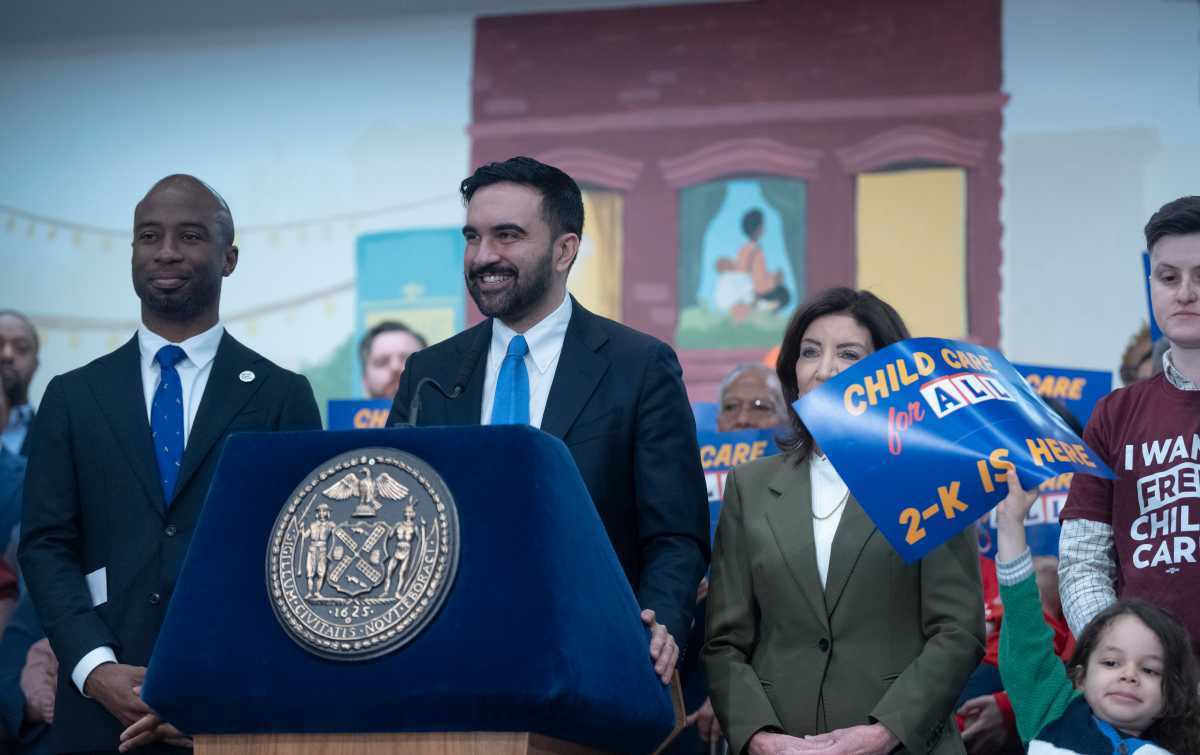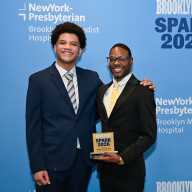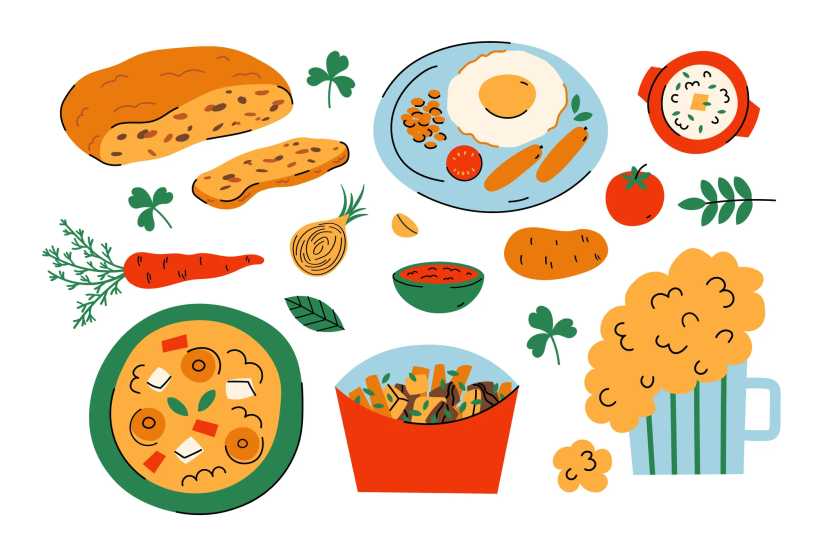This book proves that hitting like a girl is no insult — it is a time-honored tradition.
A Brooklyn Heights writer and fisticuffs fan has penned a new tome that chronicles the history of women’s boxing. And contrary to popular belief, it is a history that goes back more than just a few decades.
“It starts at the same period of the development of what we call modern boxing, which is the early 1700s in England, because women started to box at the same time,” said author Malissa Smith, who will launch “A History of Women’s Boxing” at Gleason’s Gym in Dumbo on June 25.
Through the last 300 years, the prominence and popularity of women’s boxing has come and gone in waves, said Smith. The 60-year-old author — who has been boxing at Gleason’s since 1996 — spent a year combing through old newspapers and boxing texts while researching her book. She uncovered several other eras in history where it was not uncommon to see ladies putting up their dukes in public, especially in New York City.
In the 1870s, for example, female sparring became a popular spectacle at live variety shows in the city. Legendary local sportsman and saloon-keeper Harry Hill staged a female bout at his variety theater in the Bowery in 1876 that was such a hit he went on to sponsor shows featuring female fighters across the country, Smith said.
“It was a big media event in his day — they fought for a silver butter dish,” she said. “What was amazing about these things is that some women really loved boxing and had real, honest-to-goodness boxing matches with men and women, and women and women.”
But Smith said the best anecdote she came across was from right here in Brooklyn in 1891, when experienced boxer Hattie Leslie took on a big, scrappy, untrained brawler named Gussie Freeman — or “Loony” as she was known to her colleagues at the Waterbury Rope Works in Greenpoint, where she had worked from age 12.
“Hattie Leslie was doing a thing where anyone could come up, and it was advertised before the show. And everyone at the Rope Works said, ‘It’s gotta be you, Loony! You do it!’ ” Smith said.
The fight drew a packed house to what was then the Grand Street Theater (and is now a McDonald’s) in Williamsburg, and the crowd wasn’t disappointed.
“They started to box, and it was evident that Gussie Freeman didn’t have skills, but she had heart,” said Smith. “They were just wailing at each other.”
The bout was eventually stopped in the third round, in favor of Leslie, but its mythical status in the borough long outlived the sound of the final bell.
“Within a couple of weeks later, it got to be a four-round fight that Hattie Leslie won by a hair,” said Smith. “Then, over the years, it became this legendary fight in the neighborhood, and it then went to four rounds, but Gussie Freeman won!”
In her fact-finding, Smith found reader letters in the Brooklyn Eagle still reminiscing about the fight 50 years after the fact.
But despite this long history of women participating in the sweet science, Smith said female boxers are still struggling for recognition, respect, and equal pay. The 19-year Brooklyn resident and Manhattan native said writing the book gave her a newfound appreciation not just for these women’s skills in the ring, but for their strength outside of it.
“They do it with absolute grace, because they get s— for what they do — both in terms of a public that doesn’t appreciate them, or promoters who don’t try to fight for them to actually get money or to help create an environment that’s better for boxing as a whole,” said Smith. “And yet they do it anyway because they love what they do. They love the sport, they love the camaraderie. It blows my mind.”
“A History of Women’s Boxing” book launch at Gleason’s Gym [77 Front St. between Main and Washington streets in Dumbo, (718) 797–2872, www.ahistoryofwomensboxing.com]. June 25 at 6 pm. Free.


